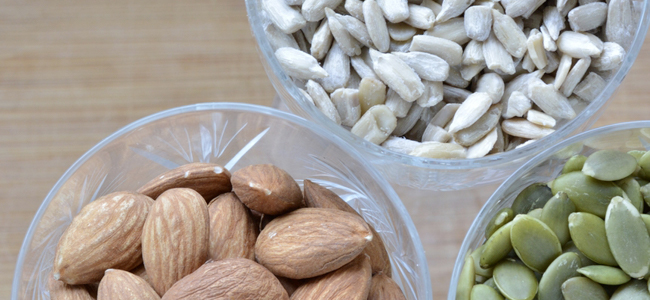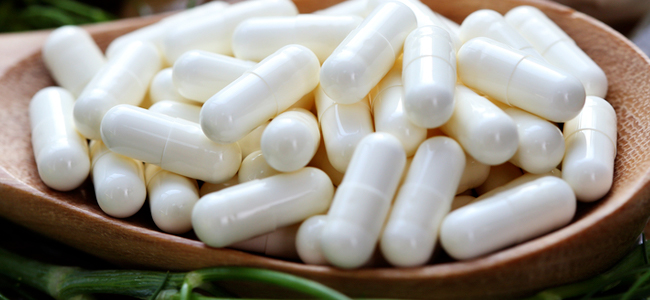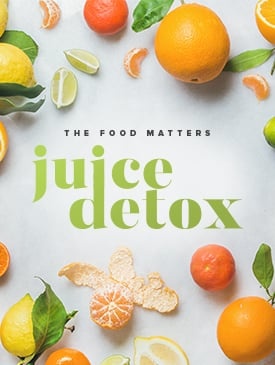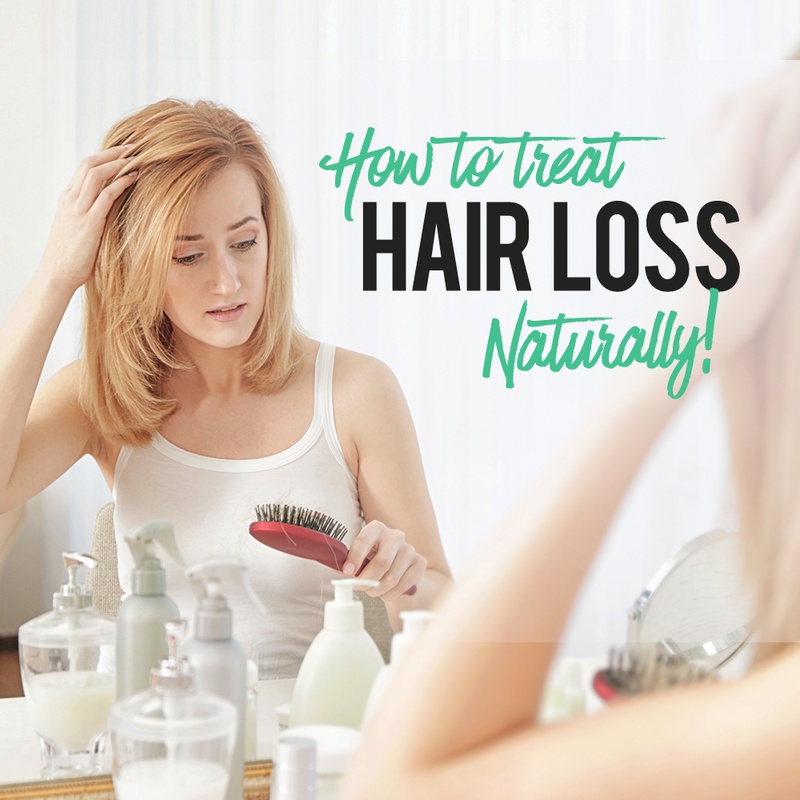Excessive hair loss and baldness is a widespread condition, impacting over 35 million men and 21 million women in the United States alone (1). Although it is commonly associated with men, research shows that it is now affecting an increasing number of women. This condition can have significant flow-on effects including loss of self esteem and social withdrawal.
While a certain amount of hair loss is normal as new hairs grow and replace the old, excessive loss is not. This loss may be transient or long lasting and can range from mild thinning to complete hair loss, depending on severity.
The cause of hair loss is diverse and can be due to nutrient deficiencies, medical conditions, stress, hormonal imbalances, genetic predisposition or medication side effects. The good news is that if there is no deeper medical issue, then this condition can be easily reversed within 3 - 6 months by following some simple nutrition and natural therapy guidelines.

Causes
The cause of hair loss is diverse and can include nutrient deficiencies, medical conditions, hormonal imbalances, genetic predisposition or medication side effects.
Hair loss or premature balding is often thought to be due to genetics and, therefore, something we cannot control. While genetic predisposition does play a role in this condition, epigenetics has taught us that our environment has the ability to switch the expression of genes on and off. This means that our diet, lifestyle and environment play a huge role.
There are a number of more serious health conditions that may also result in hair loss. Given this, it is so important that you explore these and get tested through your health practitioner to ensure that there is not a deeper issue occurring in the body.
- Iron deficiency (anemia) -Those with iron deficiencies are at a high risk of hair loss, especially those with serum ferritin levels equal to or below 30 milligrams/milliliter (2). When levels drop below this, the body can’t produce hemoglobin, which carries oxygenated blood to the cells for growth and repair, including those that stimulate hair growth. We recommend asking your health practitioner to have your levels tested. In this situation, hair loss would also be accompanied by fatigue, dizziness, brittle nails and cravings for non-food substances like ice, dirt or clay.
- Celiac disease - Antibodies which are produced in response to gluten exposure in those with celiac disease actually attack hair follicles, leading to alopecia areata, an autoimmune condition characterized by complete hair loss (3). In this situation, hair loss would also be accompanied by gastrointestinal issues such as bloating, cramps, fatigue, anemia and weight loss (4).
- Thyroid malfunction - The hair growth cycle is regulated by thyroid hormones. As such, abnormal levels of these hormones can result in hair changes, not only on the scalp but the rest of the body. In this situation, hair loss would also be accompanied by increased sensitivity to hot and cold temperatures, insomnia, changes in mood, weight changes and dry skin.
- Polycystic Ovary Syndrome (PCOS) - The hormone imbalance seen in this condition leads to a loss of hair on the scalp. In this situation, hair loss would also be accompanied by excessive hair on the rest of the body, weight gain, fatigue, pelvic pain, sleep issues and acne.
- Postpartum - During pregnancy your hair growth cycle is put on pause as there is so much else to focus on, explaining why so many pregnant ladies have beautiful, thick hair at this time. After birth this cycle begins again and, due to the difference in hormones, can lead to excessive shedding. This should normalize within a year.
Symptoms
- Excessive hair loss
- Hair thinning
- Baldness

Treatment
Nutritional Guidelines For Healing
- Get The Right Nutrients: Eating a varied, wholefood diet can help to provide the nutrients required for healthy hair production. A deficiency in any of the following nutrients can lead to significant hair loss: zinc, vitamin A, essential fatty acids and iron.
- The best food sources of these nutrients are:
- Zinc - Sunflower and pumpkin seeds, capsicum, egg yolks, whole grains, seafood and oysters
- Vitamin A - Grass-fed butter, carrots, egg yolk, apricots, mint, spinach, sweet potatoes and green leafy vegetables.
- Essential Fatty Acids - Wild-caught fish such as salmon and tuna, avocado, grass-fed butter, olive oil, nuts and seeds.
- Iron - Almonds, apricots, avocado, oysters, sunflower and pumpkin seeds, organic poultry, organic soybeans and pine nuts.
- Season With Sea Vegetables - Add seaweed to your salads, soups and salt shaker. Seaweed is high in iodine, which is a mineral that many of us are deficient in. Iodine is needed by the thyroid gland to create the hormones which control the hair growth cycle.
- Drink Vegetable Juice Daily - Juicing vegetables is a quick way to boost your daily nutrient intake and minimize the possibility of deficiencies. Freshly made juice is high in antioxidants and phytonutrients which help to reduce support healthy hair growth.
- Go Organic - Choose organic foods, skincare and cleaning products, where possible. Choosing organic options reduces your exposure to chemicals and pesticides which wreak havoc on your hormones and can cause imbalance. This is important as healthy hair growth is heavily impacted by hormones (5). If this seems overwhelming, check out our guide to going organic on a budget & the latest dirty dozen list.
- Antioxidant Superfoods - Sip on green tea, snack on berries and ensure you eat a wide variety of bright and colorful fruits and vegetables. These foods are rich in antioxidants, bioflavonoids and phytonutrients, which help combat oxidative stress associated with hair loss (6). Studies have found that patients with hair loss generally exhibit low levels of antioxidants in the body (7).
Herbal, Superfood & Supplement Therapy
- Zinc: Take 25 mg of zinc per day. Zinc activates over 200 enzymes in the body and is an important mineral for healthy hair, skin and nails. Studies have suggested that zinc deficiencies play a key role in hair loss and as such, zinc supplementation can be an effective treatment in hair growth (8 / 9).
- Essential Fatty Acids - Take 1,000 - 4,000 mg of a supplement that is high in omega-3 fatty acids, such as quality fish oil or flax oil (10) each day. Omega-3 fatty acids have been shown to help reduce inflammation, improve hair density and reduce hair loss over a six month period by activating hair follicle growth (11). Essential fatty acids can also improve insulin sensitivity and help balance hormones, which both contribute to hair loss.
- Saw palmetto - Take 300 mg daily. This herb helps to balance testosterone levels by inhibiting the enzyme that converts testosterone to DHT, which is responsible for hair loss and balding (12). Topical treatment of saw palmetto for hair loss has also shown promising results (13).
- Vitamin C - Take 500 mg of a wholefood Vitamin C supplement daily. Vitamin C is a powerful antioxidant that helps combat oxidative stress. Oxidative stress damages cellular structures and promotes the aging of hair. As vitamin C acts as an antioxidant, it can help to fight oxidative stress and restore cellular structure to prevent hair loss and hair aging (14 / 15).
Mind/Body
- Stress Less - Temporary hair loss due to a stressful event is common and can last up to 3 months. During stress, a large number of hair follicles are pushed into resting phase and over time can fall out by simply combing or washing the hair. In this situation, it is important to take time out for at least 30 minutes each day. Practice yoga, meditation, deep breathing or journaling as they are natural stress relievers and can help combat stress-related hair loss.
- Essential oils - Cedarwood, lavender, thyme, and rosemary essential oils have been used anecdotally to treat hair loss for more than 100 years. Their benefit has now been proven by scientific research and they have been shown to increase circulation and promote hair growth (16). To get the benefits, simply combine 6 drops of each essential oil with 2 tablespoons of a carrier oil (olive, coconut, macadamia, jojoba). Twice a day, massage the mixture into the scalp for 2 minutes before wrapping a warm towel around the head to enhance absorption.

Programs
Ready to make a change but not sure where to start? Take your pick from a range of inspiring programs tailored to your specific goals. Our guided programs include everything from meal plans, guided meditations, sleep, cleansing and more. They'll support and empower you to improve your health and be the best you can be!

The Food Matters Juice Detox
Designed to help you lose excess weight, increase your energy, and reboot your system from the inside out in just 7 days. Unlock the hand-curated meal plan and shopping lists, and start juicing to feel better than you have in years.
Find Out More
The Food Matters Clean Eating Program
Our in-house nutritionists have designed this program to help you regain your confidence in the kitchen, take the overwhelm out of cooking, and help you reset your mind and body over 21 days. Learn how to prepare nutrient-dense meals that the whole family can enjoy with meal plans, shopping lists, helpful nutrition tips, and more.
Find Out MoreReferences
1. The Hair Society. 2017.
2. Acta Dermatovenerol Croat. 2009;17(4):279-84.
3. Gastroenterology. 1995 Oct;109(4):1333-7.
4. Gastroenterology. 1995 Oct;109(4):1333-7.
5. Int J Environ Res Public Health. 2011 Jun; 8(6): 2265–2303.
6. Trop Life Sci Res. 2010 Dec; 21(2): 91–99.
7. Trop Life Sci Res. 2010 Dec; 21(2): 91–99.
8. Ann Dermatol. 2013 Nov; 25(4): 405–409.
9. Ann Dermatol. 2009 May; 21(2): 142–146.
10. Alternative Medicine Review. 2003. 8 (4).
11. J Cosmet Dermatol. 2015 Mar;14(1):76-82.
12. J Altern Complement Med. 2002 Apr;8(2):143-52.
13. Turkish Journal of Dermatology. 2014. 8: 210-215.
14. Int J Trichology. 2009 Jan-Jun; 1(1): 6–14.
15. J Cosmet Dermatol. 2015 Mar;14(1):76-82.
16. Arch Dermatol. 1998;134(11):1349-1352.
This article is provided for your general information only and is not intended to be a substitute for independent professional advice, particularly medical advice, diagnosis or treatment. You should always seek medical advice from a qualified health practitioner which takes into account your personal circumstances, general health and medical conditions.


Was this article helpful?
Comment below to let us know!